LEAD-ESD Teachers’ Change Projects Highlight Education’s Role in Building Rwanda’s Environmental Resilience
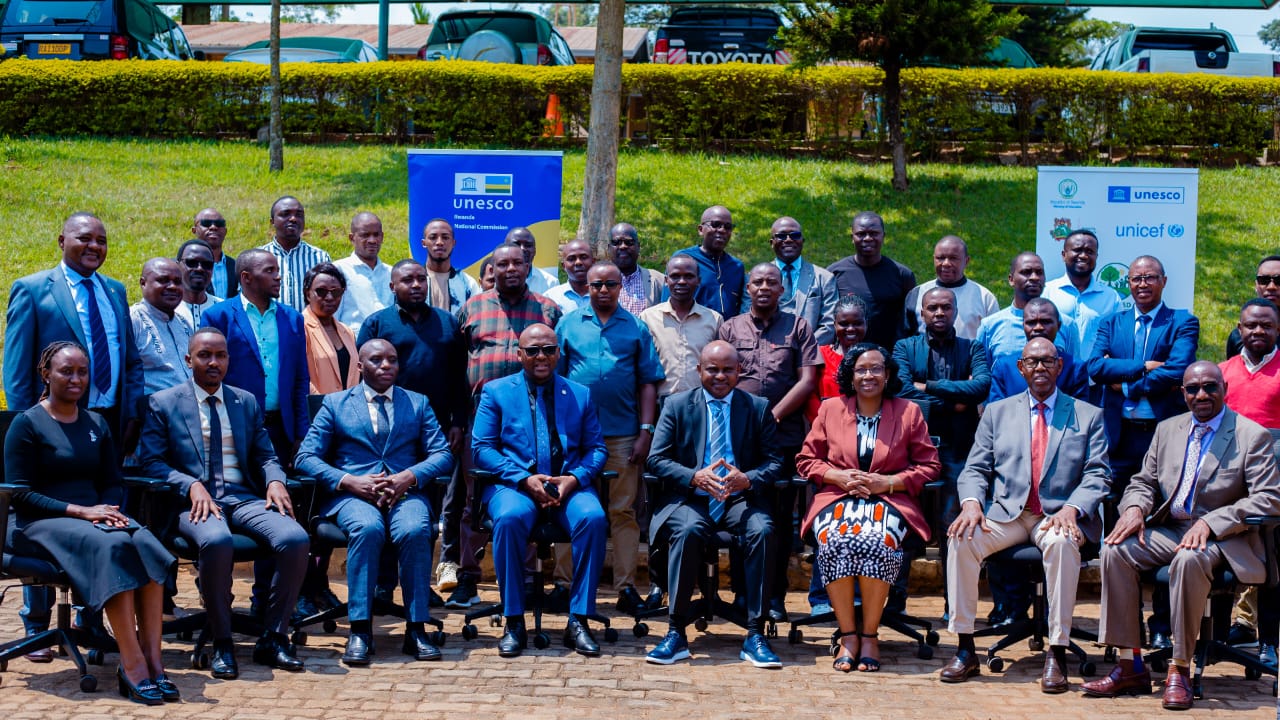
Teachers’ representatives from across Rwanda gathered in Kigali on 2 October 2025, for the National Workshop on Leadership for Education for Sustainable Development (LEAD-ESD), a regional programme coordinated by UNESCO and UNICEF. The workshop highlighted how schools are taking the lead in tackling climate change and biodiversity loss through practical, teacher-led projects.
Rwanda is one of four countries participating in LEAD-ESD, alongside Kenya, Uganda, and Seychelles. The programmeequips educators with tools to integrate sustainability into teaching and community action.
Dr. Patience Awopegba, from the UNESCO Regional Office for Eastern Africa, reminded participants that education is central to solving the environmental crisis:
“We cannot live as if we have another planet. Education is how we nurture the culture and mindset needed to protect the environment and our shared future. Every step matters, and everyone must be involved.”

At the workshop, teachers presented the Change Projects they are implementing in their schools. Many focus on tree nurseries and fruit tree planting, initiatives that combine environmental restoration with food security.
Irarora Gildas, a teacher at TTC Zaza, explained how his school has mobilized nearly 1,000 students:
“Each student is responsible for a tree, many of them fruit trees like avocado. This way they learn to care for the environment, while also contributing to nutrition. Planting a tree is a lesson that lasts for generations.”
He noted that avocados, in particular, have both high nutritional value and economic potential in Rwanda, making them a powerful symbol of sustainable development.
In Bugesera District, Claudine Musabimana and her colleagues at TTC Nyamata are combining tree planting with waste management:
“Our project is called ‘Keeping Our School Green and Clean.’ We started tree nurseries and we are also improving how waste is sorted and recycled. Students don’t just read about sustainability—they see it, they practice it, and they take it home to their families.”
Such projects reflect Rwanda’s broader commitment to environmental stewardship. The country has been recognized globally for bold policies such as banning plastic bags and organizing nationwide clean-up campaigns. Now, teachers are extending this culture of responsibility into schools and classrooms.
Pascal Gatabazi, Chief Technical Advisor at the Ministry of Education, said this link between policy and practice is key:
“Global agreements on climate change must be translated into local action. In Rwanda, that means integrating sustainability into the curriculum and into teacher training. Students must grow up knowing how to protect their environment and create green jobs for the future.”

From a technical perspective, Dominique Mvunabandi of the Rwanda National Commission for UNESCO explained that teacher-led projects make ESD tangible:
“Each Teacher Training College designs a project that responds to its own context. These projects ensure that sustainability is not just theoretical, but practical—rooted in what teachers and students can do in their communities.”
The Kigali workshop demonstrated how teachers are central to Rwanda’s green transformation. By planting trees, managing waste, and linking education with action, they are preparing the next generation to face environmental challenges with knowledge and responsibility.
As Musabimana put it:
“Education is the source of everything. When students learn to protect their environment at school, they carry those lessons into their homes and communities. That is how real change happens.”
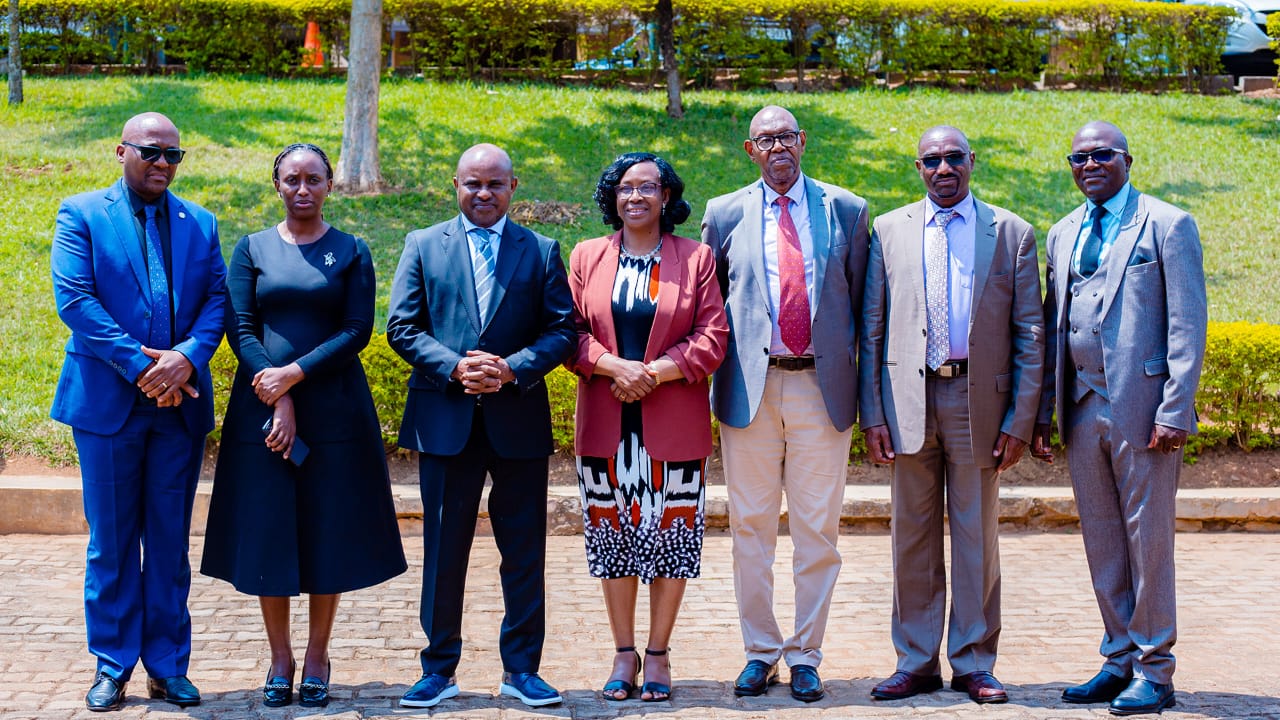
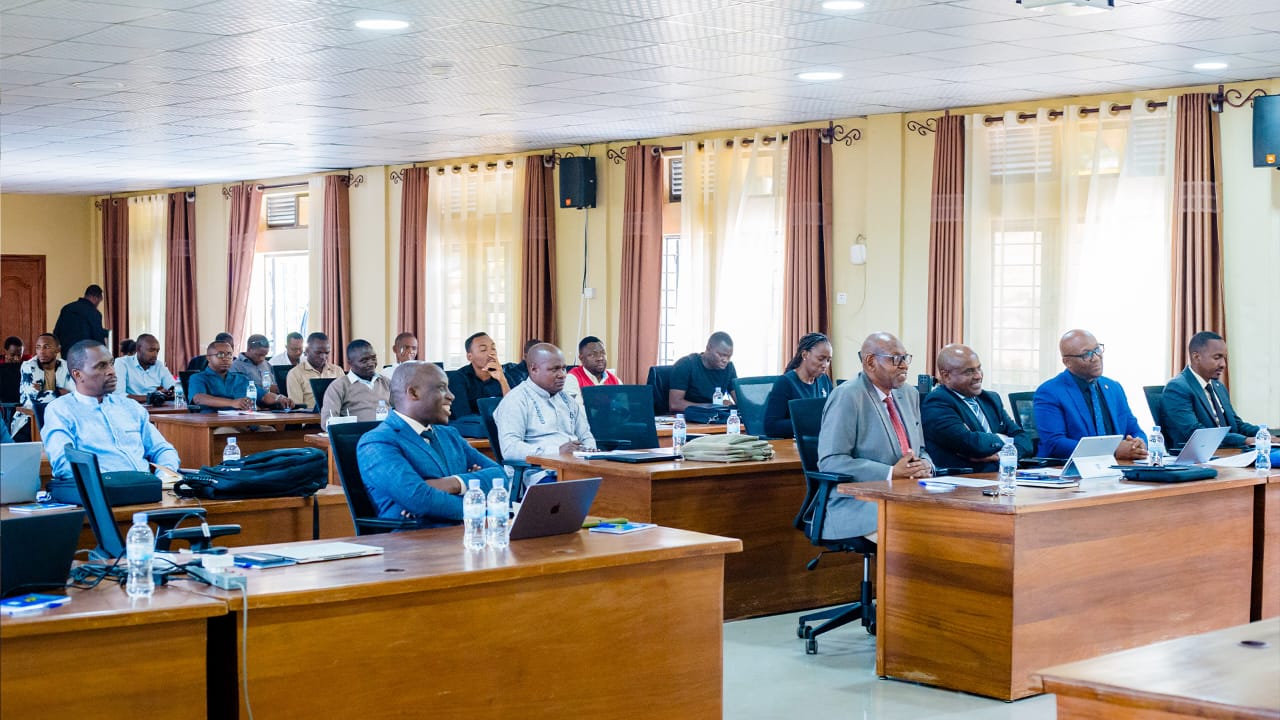
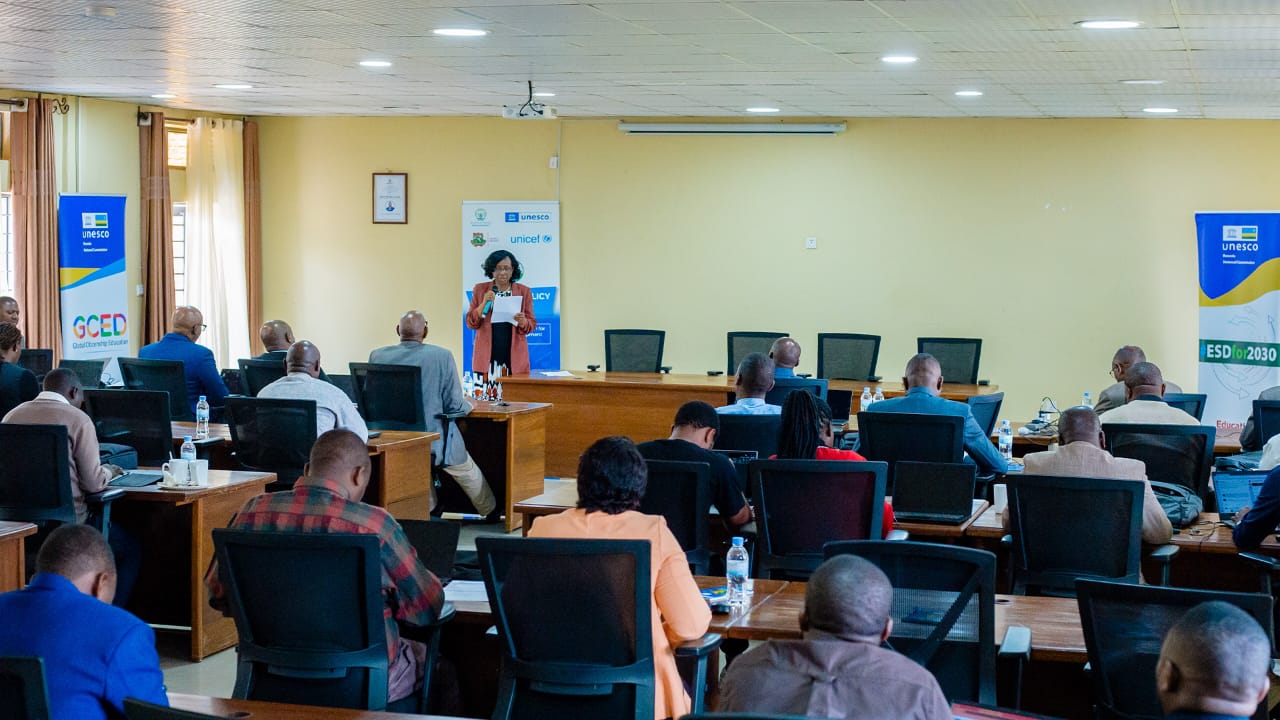
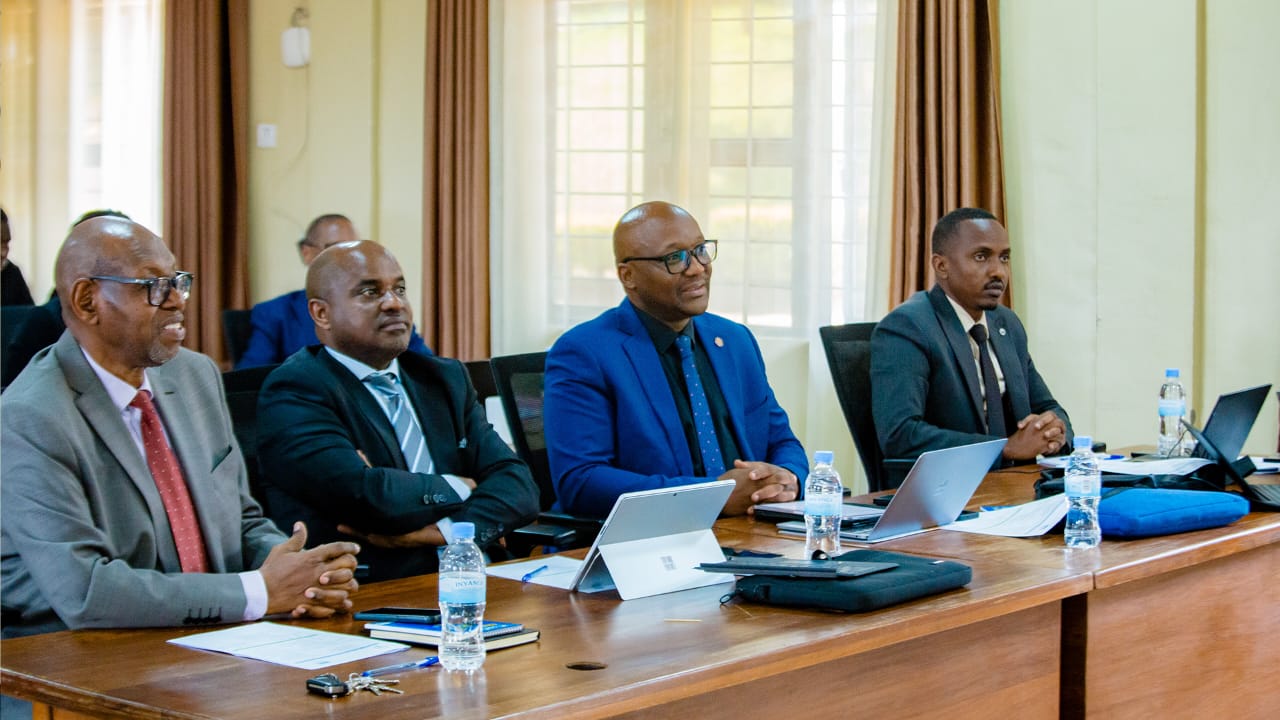
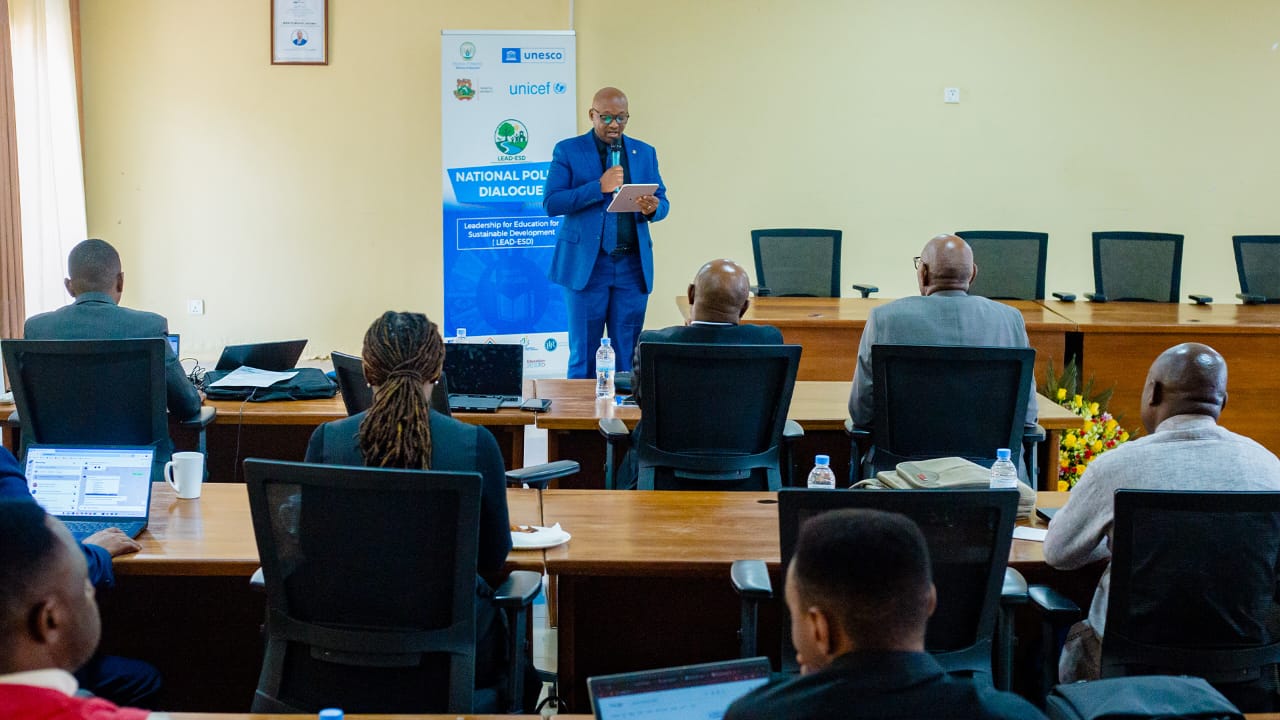
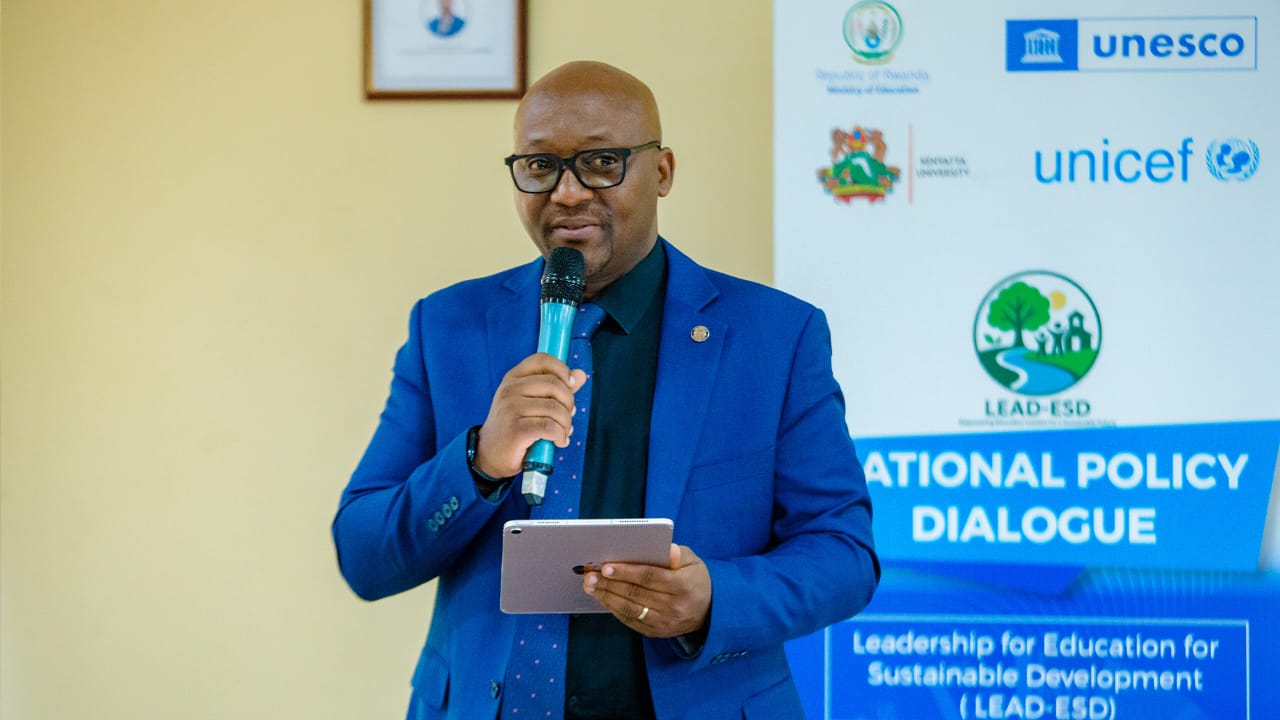
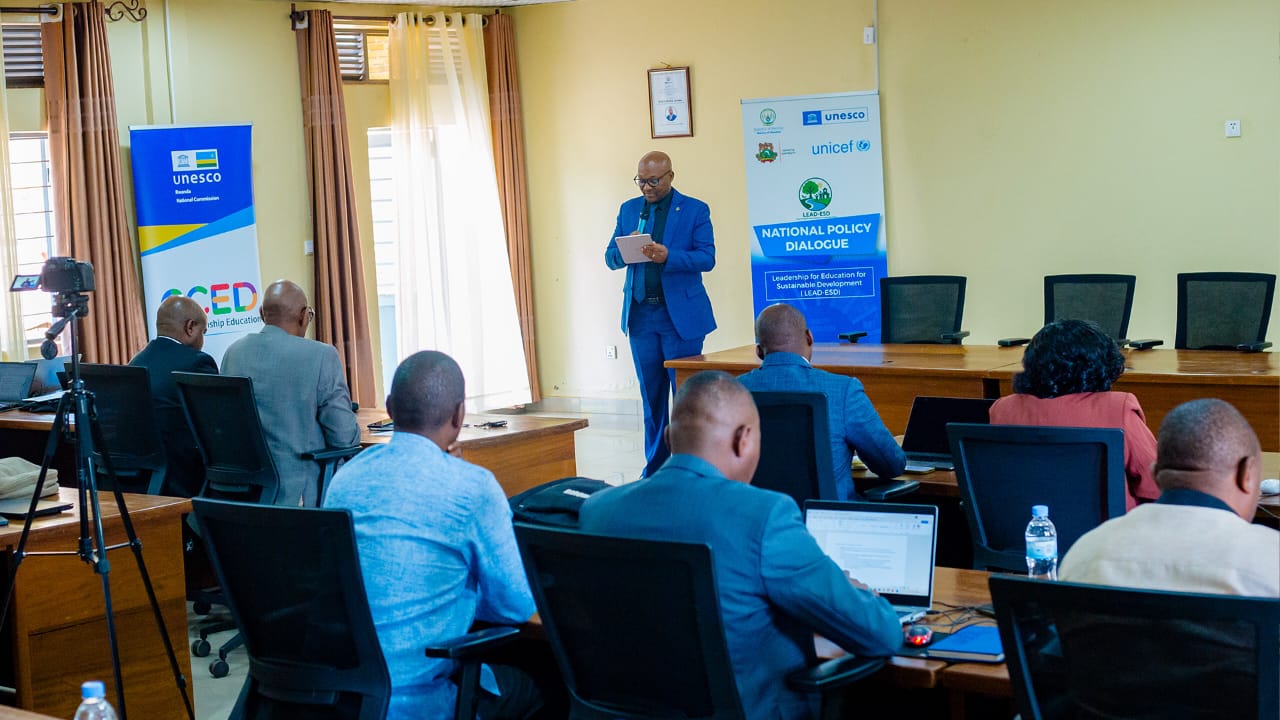

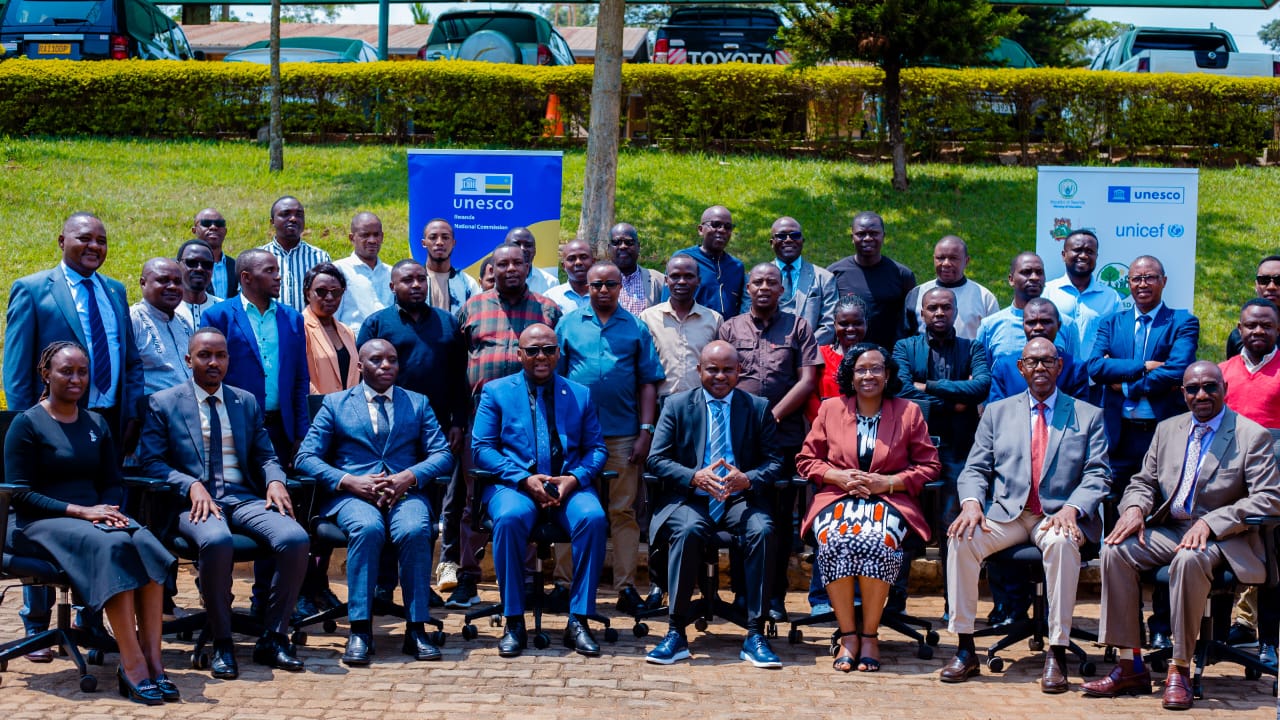
Related Articles
Strengthening Rwanda’s SMEs for Circular Food Systems: Embedding Circularity Beyond Project Implementation for Long-Term Transformation
As Rwanda advances its circular economy ambitions, small and medium-sized enterprises (SMEs)...
Powering Food, Restoring Land: How Renewable Energy and Regenerative Agriculture Are Transforming Rwanda’s Farms
Across Rwanda’s rolling hills, a quiet revolution is underway. It begins in...
Late February Weather Alert: Heavy and Above-Average Rainfall Forecast Across Rwanda
The Ministry in charge of Disaster Management (MINEMA) has issued a weather...
GBOX Launches AI Literacy Initiative to Support Rwanda’s Digital and Sustainable Development
A new Artificial Intelligence (AI) literacy program has been introduced last week...




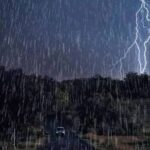
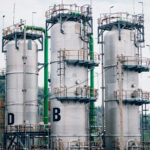
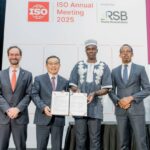


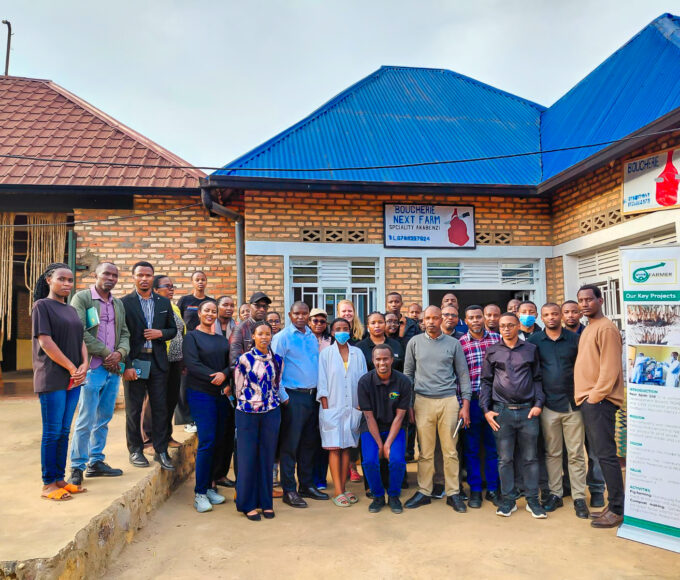

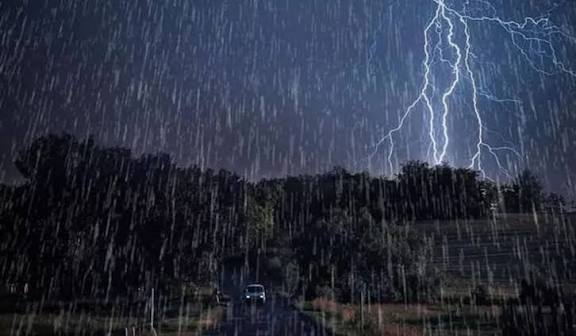
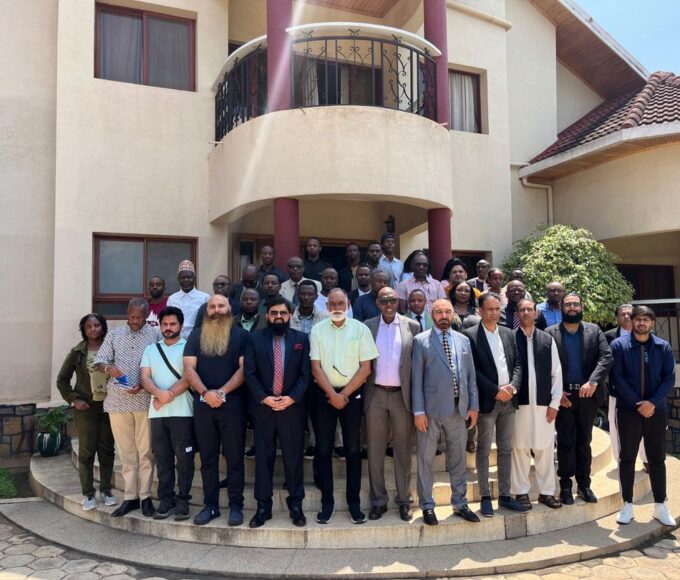
Leave a comment